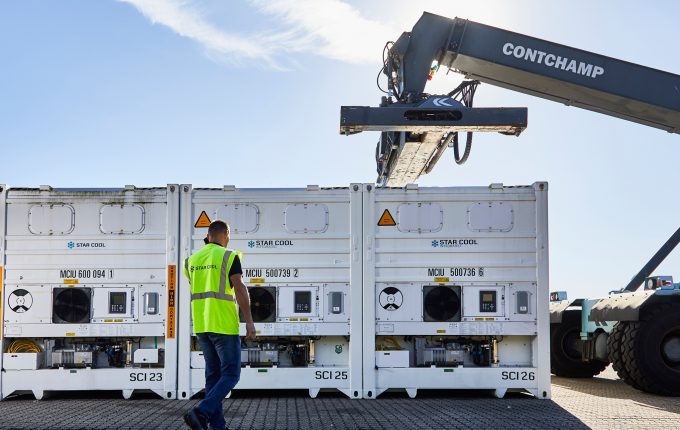Seoul secures discounted air freight for SME shippers
The South Korean government is acting again to secure freight capacity for exporters, but this ...

South Korea’s Ministry of Oceans and Fisheries (MOF) will offer to install Internet of Things technology on containers to enhance export competitiveness.
The roll-out was announced today, after the ministry completed a two-year container IoT equipment pilot project, involving distributing 4,160 retrofitted containers to local shipping ...
Comment on this article